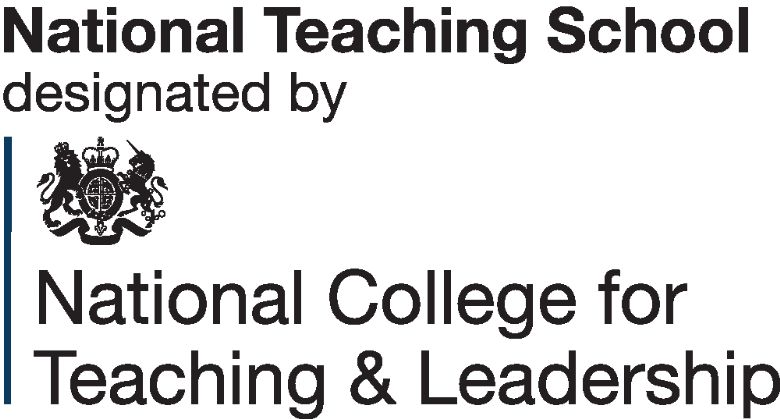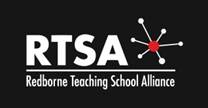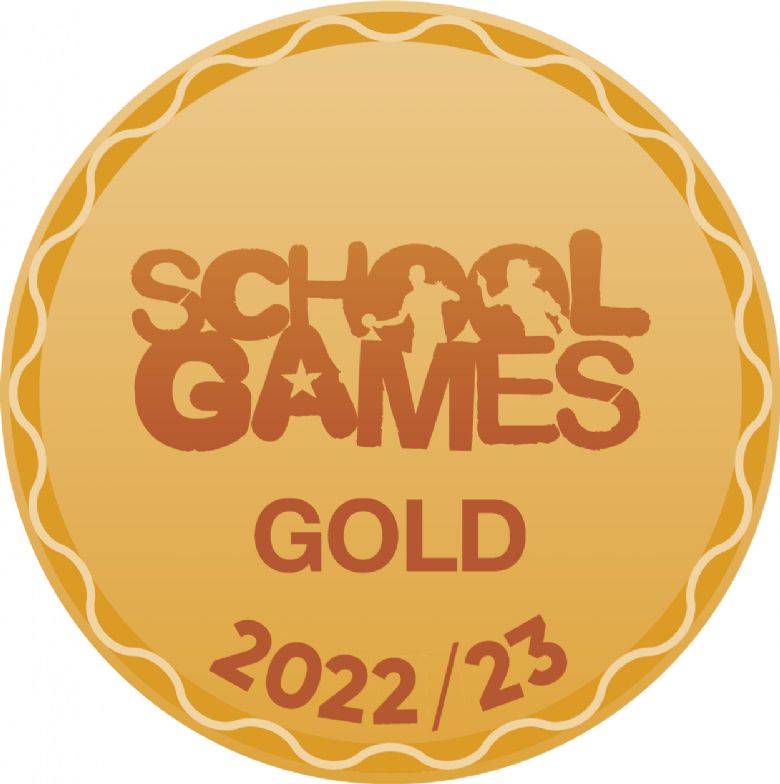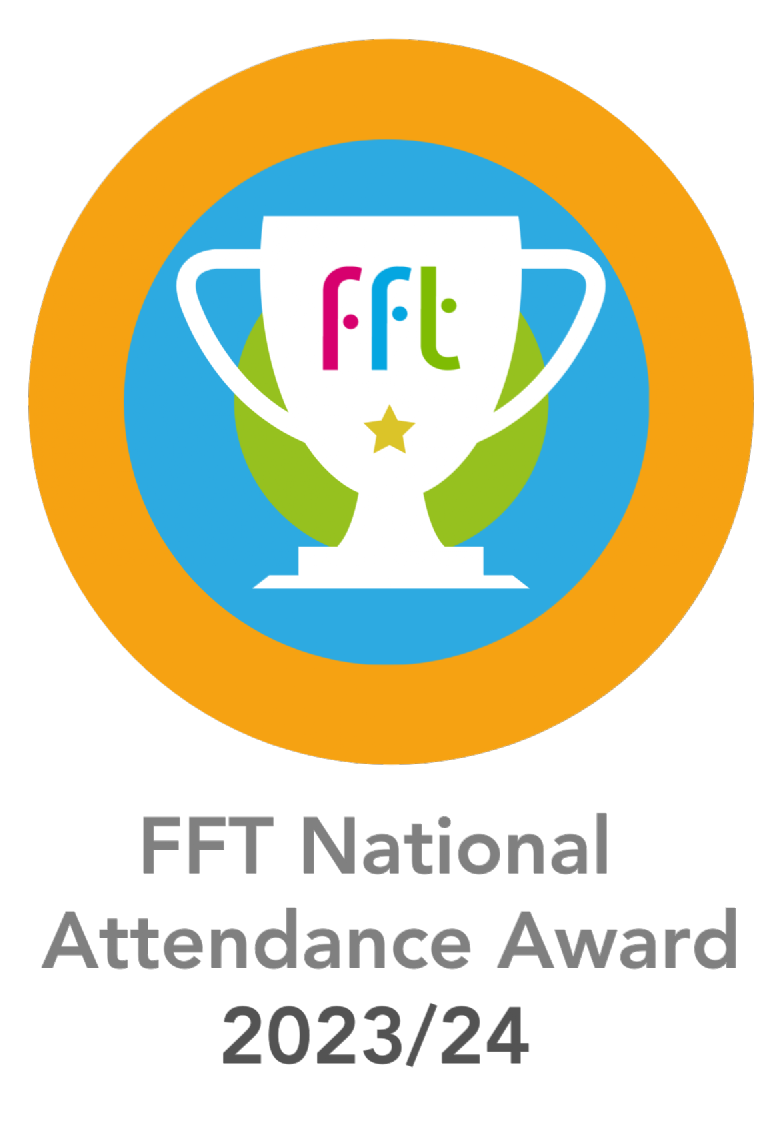Sixth Form Courses
A Level Physical Education (AQA: 7582)
The A level PE qualification is linear; which means that students will sit all their exams and submit their non-exam assessment (NEA) at the end of the two year course.
The exam board is AQA and the course involves the study of Physical Education across seven components and also the commitment to a full sided version of one sporting activity as either a performer or coach. The two year A level course is split into 70% theory and 30% practical.
The A level examination (70%) will consist of two papers, both 2 hours long. The 105 marks available on each paper will made up of a variety of multiple choice, short answer and extended writing questions.
The A level components will include:
· Applied Anatomy and Physiology;
· Skill acquisition;
· Sport and Society;
· Exercise physiology;
· Biomechanical movement;
· Sport psychology;
· Sport and society and the role of technology in physical activity and sport.
The NEA aspect of the qualification requires students to develop their ability and aptitude in physical activity, demonstrating and performing a range of skills and techniques, making appropriate decisions, understanding rules and regulations and evaluation of performance.
There are two aspects to NEA:
1. Performance assessment, weighting 50% (practical – must be in the form of video evidence)
2. Performance analysis assessment, weighting 50% (analysis and evaluation).
Expectations
As a student, you will need to be well organised, turn up to lessons on time, be fully prepared and express an eagerness to learn. You will be encouraged to be an independent learner, using your study lessons wisely and seek help and support when required.
To achieve the highest grades we expect you to be performing your activity outside of school and in regular competitions. It is an expectation that video evidence is collected of you performing in your chosen activity and you will have overall responsibility of editing your sporting performances. Additional support and guidance on this aspect will be provided by the subject teachers to ensure that the video evidence produced is of the highest standard and is a true reflection of your sporting ability.
Textbooks and Resources
As with all A levels, and the main difference with GCSEs, you must extend your study beyond the basics and this involves working in your own time. For each lesson you have, it is recommended that you research more about the topic area from other sources and produce useful revision tools, such as spider diagrams and flow charts. We now have an excellent collection of books in the library including the main textbook for your specification which is endorsed by the examining body AQA.
Careers
A level Physical Education is a challenging course. It combines science, psychology, sociology and the humanities with practical performance. There are five main pathways to a career in sport; physical education teaching; sports management; sports development, sports therapy and nutrition. Opportunities are increasing due to the support of the National Lottery and the success of the Olympics.
Minimum Requirements
A grade 5-5 in combined science or a 5 in biology, as well as a grade 4 in English language is required. Where students have also studied GCSE PE, a grade 5 is also required.
Sport and Physical Activity (OCR)
During the course, you will investigate the sports industry as a whole through the variety of units of work. You will be encouraged and expected to work both as part of a group and individually on a variety of written and practical tasks.
The Cambridge Technical in Sport and Physical Activity would be suitable for anyone with a strong interest in the sports industry and who is motivated to do independent research. Portfolios can take a number of forms such as essays, presentations, information leaflets, displays etc.
What is involved?
The Level 3 Cambridge Technical Extended Certificate in Sport and Physical Activity is a two year, five unit course and is equivalent to one A level. It has been designed in collaboration with experts spanning the breadth of the sector, and so the course focuses on the skills, knowledge and understanding that today’s universities and employers demand. You will practically apply your skills and knowledge in preparation for further study or the workplace.
You will develop personal, practical, professional and social skills through interaction with performers, clients and team mates, as well as theoretical knowledge and understanding to underpin these skills. You will also be given the opportunity to develop key skills in the areas of communication, application of number, information technology, problem solving, working with others and improving your own learning and performance.
When it comes to progression or employment, you will have more of an understanding of the variety of opportunities available to you, and the roles and responsibilities of businesses and organisations within the sector that you, hopefully, will want to build a career in. We aim to help you develop clear ideas about where you might like to take your career and what progression routes you’d like to follow.
How is the course arranged?
|
Compulsory Units |
Title |
Assessment method |
|
1 |
Body systems and the effects of physical activity |
Exam or controlled assessment |
|
2 |
Sports coaching and activity leadership |
Coursework |
|
3 |
Sports organisation and development |
Exam or controlled assessment |
|
Optional Units (2 from) |
Title |
Assessment method |
|
8 |
Organisation of sports events |
Coursework |
|
17 |
Sports Injuries and rehabilitation |
Coursework |
|
18 |
Practical skills in sport and physical activities |
Coursework |
From the five units that you will complete, three are compulsory and the others are selected by the school. We try to make sure there is a range that encompasses Sports Science, some sector based theory and some practical involvement.
In addition, you will also be given the opportunity to follow extra awards such as first aid, sports leadership and sports coaching where they may be appropriate. They are not compulsory but will help you with your assessments. They may also make you more marketable to employers and may help you get jobs on summer schemes or as assistants at sports clubs, for example.
What courses or employment can I progress to at the end of my course?
Students with a Cambridge Technical Extended Certificate in Sport and Physical Activity will have access to a wide range of possible career and higher education opportunities. They learn and use a variety of transferable skills throughout the course including collecting, analysing and interpreting data, communicating findings in different ways and identifying and developing the links between each part of the subject. These skills are in great demand and are recognized by employers and universities as being of great value. The course was developed with universities to make sure that the Cambridge Technicals were designed to provide you with the depth and breadth of knowledge, understanding and skills required for further study in that subject area at Higher Education.
The sport course also combines well with some AS and A levels. Taken with sciences like biology or physical education, it supports applications for a wide range of university courses such as sports science, sports studies, leisure and recreation studies or teaching degrees.
Many students may choose to use their qualification to go straight on to employment rather than higher education. Because sport students develop the transferable skills and key skills that employers are looking for they can lead to a wide range of opportunities. These can include further training in areas such as recreational management, leisure activities, the Armed Forces or the Civil Service.
Minimum Requirements
GCSE PE or the Level 1/2 National Certificate in Sport are not prerequisites but students may already have some background knowledge if they have followed either course. Students who have followed the Level 1/2 National Certificate in Sport must have achieved at least a merit at level 2. Students should have a GCSE grade 4 or above in English language and a grade 5-5 in science or a grade 5 in biology.








